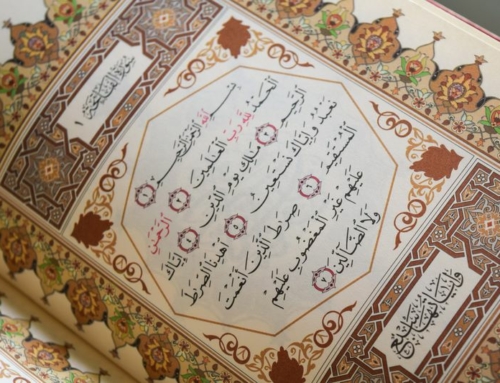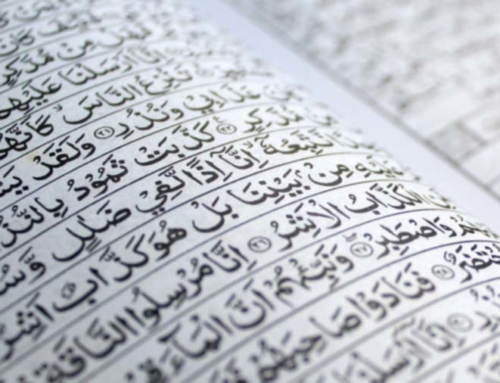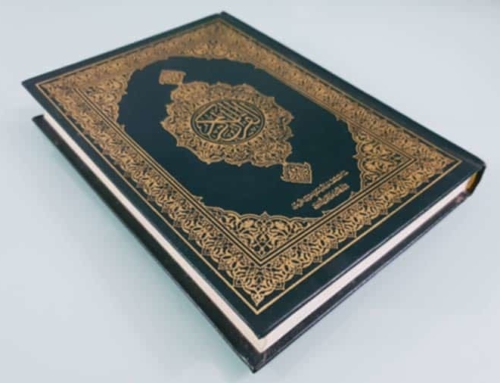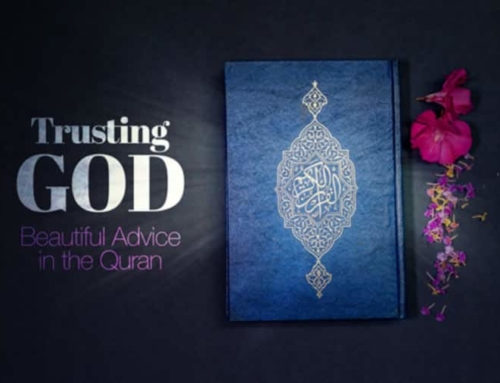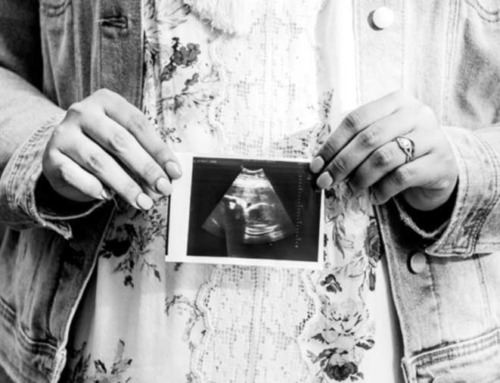Life is full of highs and lows. Without exception, every person has a challenge or difficulty in their life. These difficulties can sometimes feel overwhelming to the point where one sees no way out and despairs. This article will highlight some Islamic teachings concerning hope in God. Those who lose all hope in life sometimes resort to taking their own life. And do not kill yourselves. Surely, God is Rahīm toward you (Qur’ān 4:29). The word raḥma, often mistranslated as mercy, conveys the meaning of love and compassion. The Qur’ān teaches that one should never lose hope of despair from God’s raḥma.
Prophet Yusuf (Joseph) was betrayed by his family, kidnapped, sold into slavery, falsely accused of adultery, and imprisoned. His father Yaqub (Jacob) was full of sorrow but never lost hope despite the fact that Joseph was gone for decades. O my sons (said Prophet Jacob)! Go you and enquire about Yusuf (Joseph) and his brother, and never give up hope of raḥma of Allah. Certainly no one despairs of Allah’s raḥma, except the people who disbelieve (Qur’ān 12:87). In the end, Joseph became the minister of Egypt and was reunited with his family. Until today people throughout the world read the story of Joseph with awe and inspiration. Had Joseph known this it would have made all of his difficulties much easier. This does not mean that Jacob and Joseph did not feel pain. In fact, Jacob was so sad even after decades that his children thought he was going to perish in sorrow: They said: “By God! You will never cease remembering Yusuf (Joseph) until you become weak with old age, or until you be of the dead.” “He said: ‘I only complain of my grief and sorrow to God.” (Quran 12:86-7).
Not everyone will be remembered like Joseph, but the lesson is that God ultimately has a plan for each of us. We do not understand why things happen to us now, but down the line we may look back and recognize that those challenges were necessary to make us a better person. Even if one does not see the positive outcomes of challenges in this life, they may see them in the hereafter. Being tested and going through challenges is a necessary part one must experience before entering paradise. The Qur’ān tells the Prophet Muhammad peace be upon him and his Companions that previous Prophets and Messengers are tested: Do you think that you will enter paradise without such trials as came to those who passed away before you? They experienced suffering and adversity and were so shaken in spirit that even the Prophet and the faithful who were with him cried, “When will Allah’s help come?” Ah, verily the help of Allah is near (Qur’ān 2:214). One must keep in mind that this verse was revealed to the Prophet Muhammad peace be upon him when the Muslims were going through hardship. It is meant to remind us difficulty is a part of life, but also that God’s victory and help is always near.
There is a very beautiful verse in the Qur’ān that states that God will make things work out when and where someone does not expect: And whosoever fears Allah…He will make a way for him to get out (from every difficulty). And He will provide him from (sources) he does not expect (Qur’ān 65:2-3). This verse is found in the chapter of Divorce (Talāq) in the Qur’ān. Divorce is an experience where one feels their life is falling apart. It is in the context of this tremendous difficulty that God reminds us that if we remain conscious of Him, do not transgress on the rights of others, that He will make a way out for us and provide us from where we did not expect.
The Qur’ān also highlights the fact that relief comes with difficulty. So, verily, with every difficulty, there is relief: Verily with every difficulty there is relief. Therefore, when you are free (from your immediate task), still labor hard. And to your Lord turn (all) your attention (Qur’ān 94:5-7). Ultimately, the Qur’ān shifts the psychology of the person so that they see the greater picture of what they are going through. One must trust that God ultimately knows best and has the best plan for each person, be it in this life or the hereafter.



